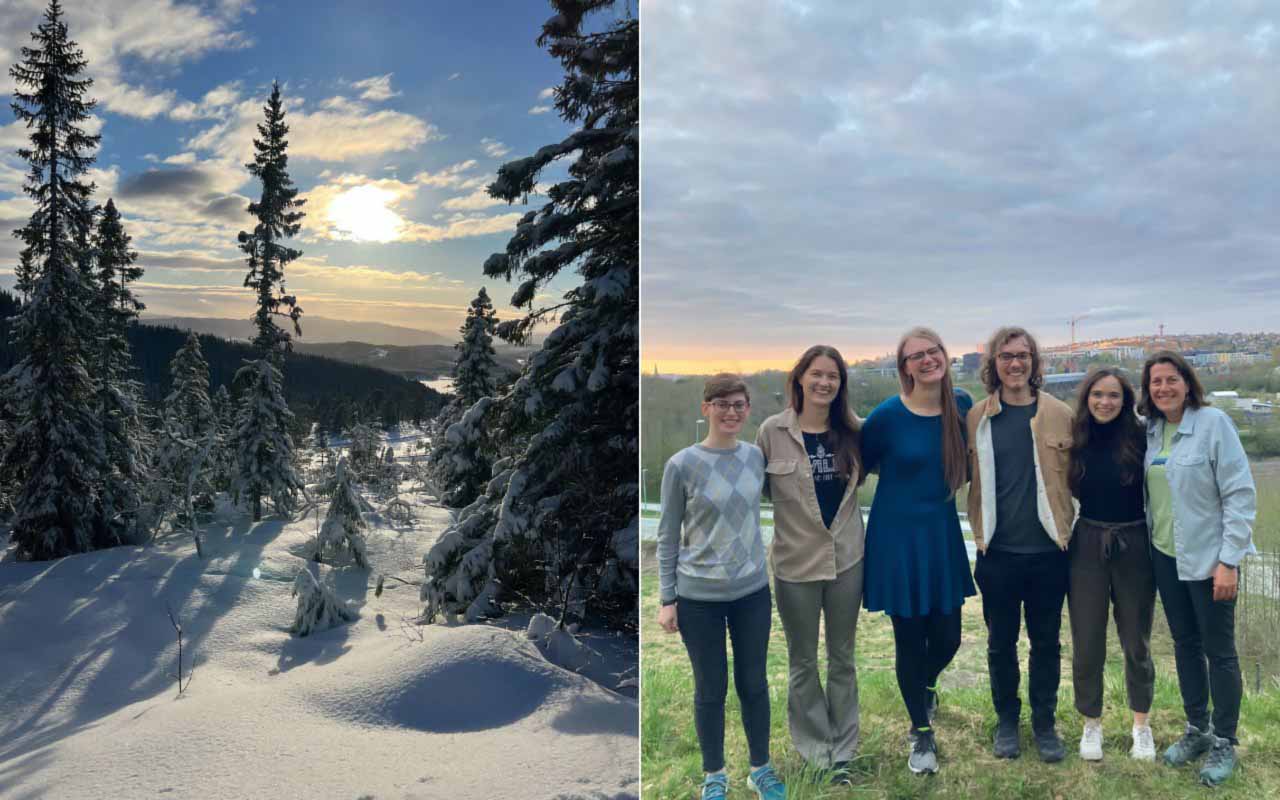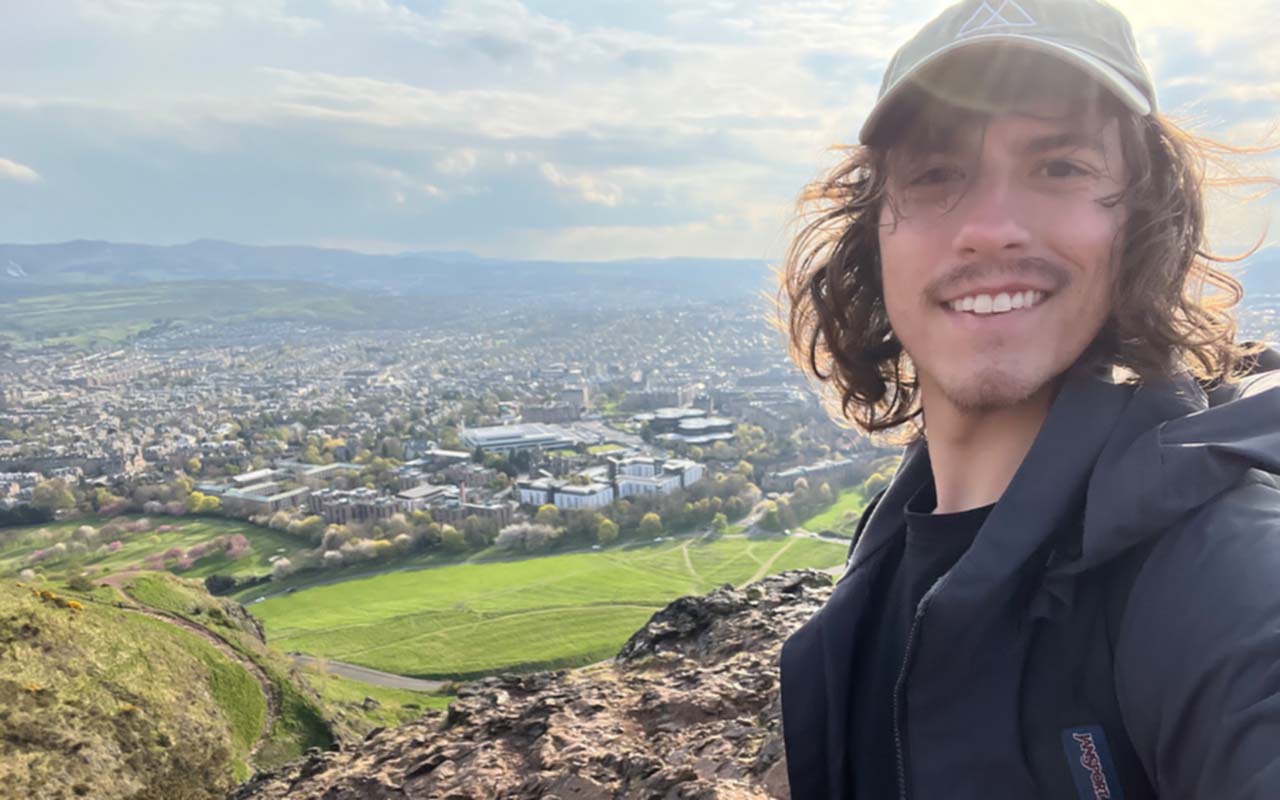
Fulbright Flashback: Austin Crotteau ‘18
Jun 30, 2023

U.S. Fulbright Students often face many challenges when they begin their assignments in their new country.
Language barriers, culture shock, culinary curveballs, and a general feeling of uneasiness all could throw up potential roadblocks.
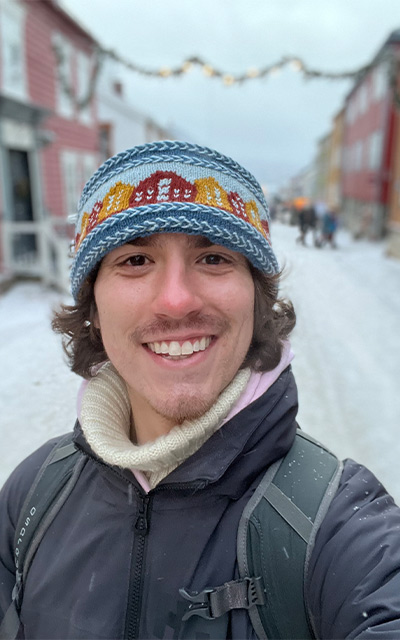
For Austin Crotteau ’18 it was something much different.
“The unexpected challenge ended up being the transition back into being a student,” said Crotteau, who is currently wrapping up his assignment at the Norwegian University of Science and Technology (NTNU) in Trondheim, Norway. “It was a lot more difficult to adjust back to the life of a student after I had been teaching full-time for a couple of years.”
Crotteau earned his Fulbright grant four years after graduating from FSC with an English degree, and had to shift back into becoming a student after entering the professional world as a teacher at Mulberry High School.
During that transition Crotteau learned not only a lot about himself but how he wants to pursue his teaching career going forward.
Crotteau’s proposal when he applied for a Fulbright grant centered on learning how Norway approaches writing in education. He found out that Norway has had a deep foundation of writing research since the 1980s, and the Writing Centre in Trondheim was a big factor behind that research. His aim was to understand how the European nation handles the intersection of teaching writing, writing in a foreign language, and teaching academic writing.
What Crotteau found out in working closely with the The Writing Centre at NTNU was a new appreciation for his undergrad minors in biology and psychology.
“I was able to work with both master’s and Ph.D. level students as they wrote their theses in English,” he said. “The course focused on scientific communication and allowed me to bolster my skills in teaching scientific and academic writing. I realized that I really enjoy scientific communication and may pursue opportunities in this field.”
FSC’S ROLE
Crotteau first heard about the US Fulbright Program while he was working at the Florida Southern Writing Center.
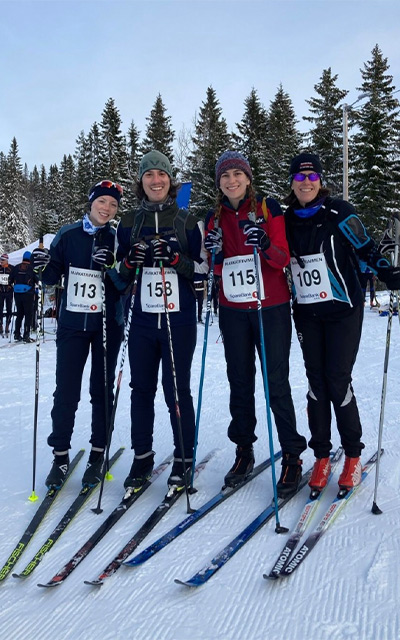
his Fulbright grant.
Former Fulbright applicants and grantees brought their documents in to be reviewed by a new reader and Crotteau was happy to help.
“By the end of those sessions I had a deep and new understanding of my peers,” he said.
Because of his experiences with the applicants Crotteau decided to apply for his own Fulbright grant. While he did not get selected on his first try, the desire to travel abroad stayed with him.
“Fulbright, and, to a greater extent, Norway remained on my mind since the first time I applied as an English Teaching Assistant,” he said. “Despite being upset I did not get the grant I knew I would make it to Norway eventually. I had moved on from the idea of teaching in Norway and was settling for a visit.”
In the summer of 2021, Crotteau went on a trip to Iceland for a couple of weeks.
During that trip he got the chance to talk to many residents about his life in the U.S. This reignited his interest in the Fulbright Program.
“I was fascinated and entertained by how they viewed the U.S.,” Crotteau said. “That experience encouraged me to apply to Fulbright again for the chance to be a cultural ambassador while teaching.”
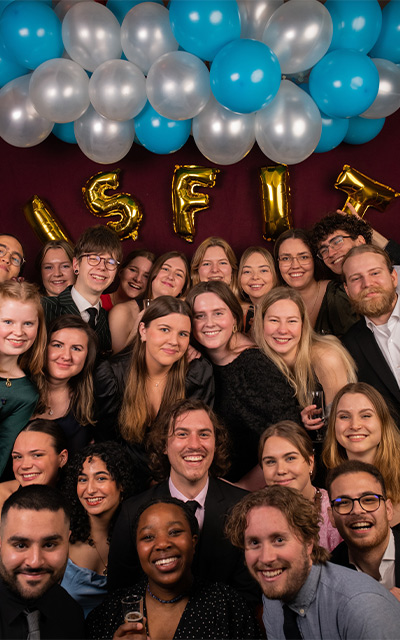
Buoyed by his experience in Iceland, Crotteau discussed the idea of applying again with members of the FSC English Department’s faculty who reassured him that his teaching experience since graduation would make him an even stronger candidate.
The faculty were correct and Crotteau was accepted for the 2021-22 Fulbright cycle.
“I’m confident that Florida Southern helped me succeed during my Fulbright grant process,” Crotteau said. “From public speaking to writing skills, the English Department gave me everything I needed to succeed during a Fulbright grant and also in the general workforce. The English department was also central to the development of my cross-disciplinary approach. My studies also encouraged me to think about literature and writing from multiple perspectives. Essentially, be curious and keep asking questions. I took this attitude with me to Norway, and I think it’s helped me be a successful cross-cultural communicator.”
